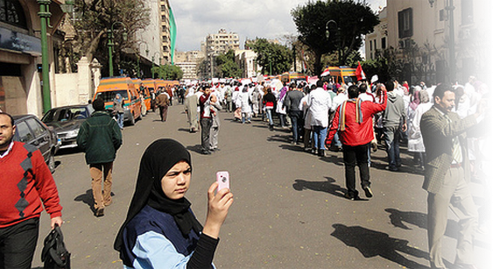The article published in Digital Journalism, responds to the variety of threats that journalists are subjected to - surveillance, cyberattacks, gendered targeting, hate speech, and many others. The article offers an interdisciplinary framework of journalists’ safety, summarizing it in a conceptual model. The authors look at journalists’ safety through two dimensions: 1) personal (physical, psychological) and 2) infrastructural (digital, financial). The authors see safety on objective and subjective levels and argue “[i]t is moderated by individual (micro), organizational/institutional (meso), and systemic (macro) risk factors, rooted in power dynamics defining boundaries for journalists’ work, which, if crossed, result in threats and create work-related stress.” The article then examines the consequences of work-related stress: While in an ideal scenario stress leads to resilience, compromised safety can provoke journalists’ “exit from the profession” and thus undermine journalism as an institution.

